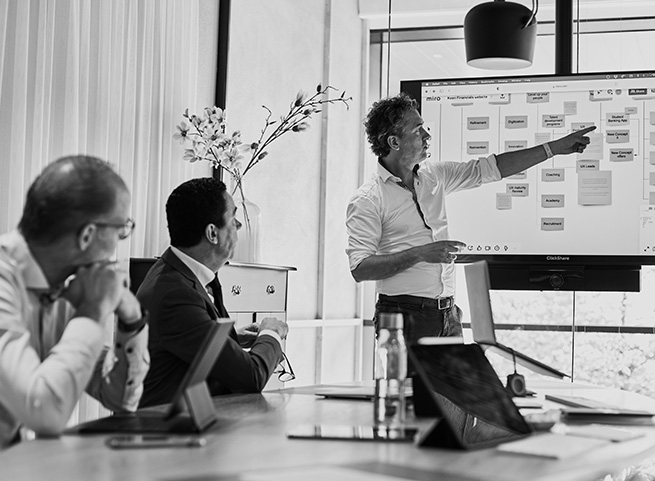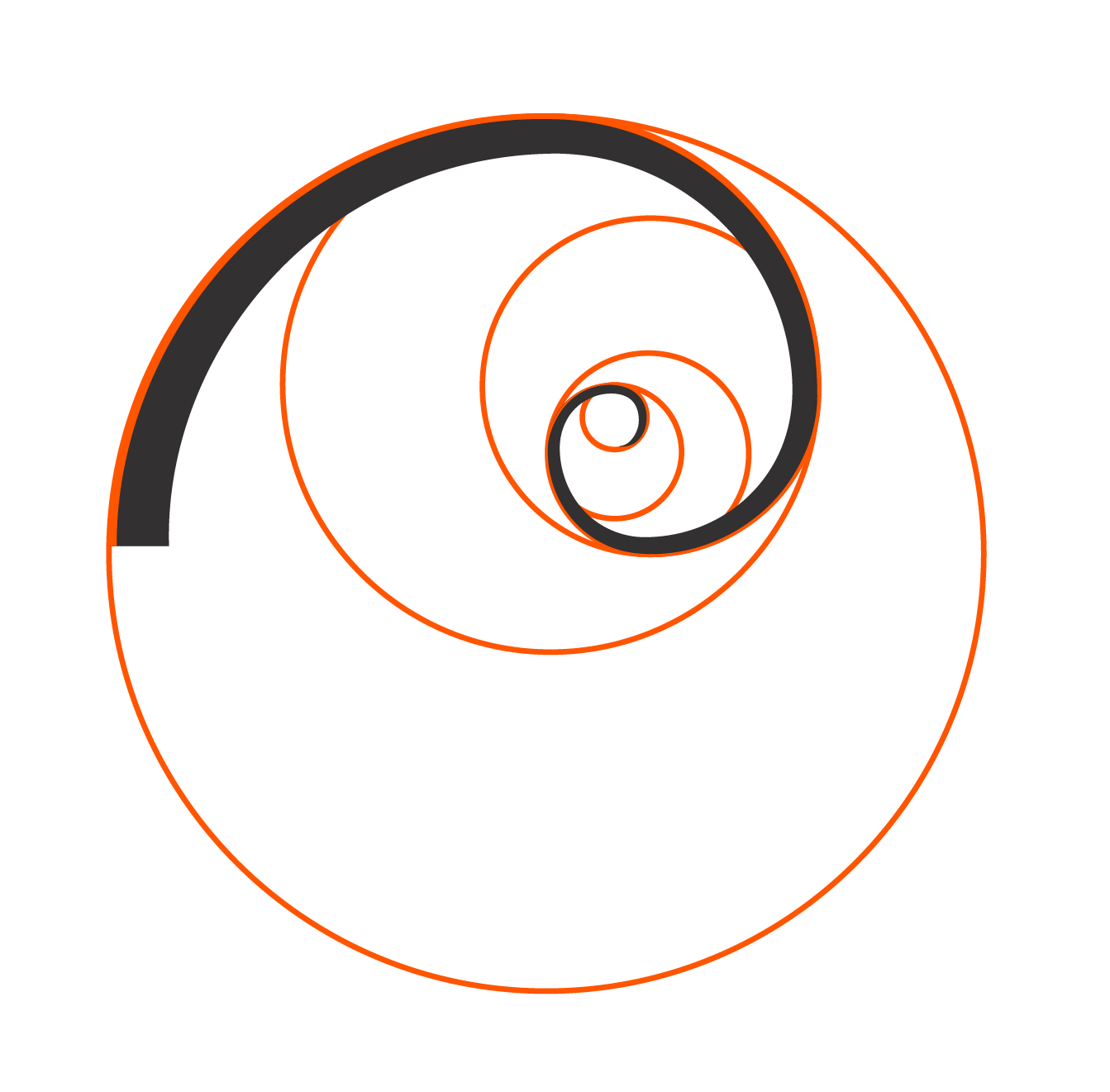Process
From goals to outcomes

Across sectors and settings, organizations struggle to turn strategy into solutions that truly work. Value Driven Design gives structure to complexity and keeps everyone aligned on what matters.
Our Approach

Design connects shared goals to real-world outcome
No matter the sector, good ideas often lose traction between ambition and execution. Teams work hard, but efforts get scattered. Stakeholders pull in different directions. The result? Services and products that don’t quite land.
Value Driven Design brings structure to that complexity. Through clear, goal driven design it helps you work through each level of your organisation and unify purpose, people and processes.
This process creates:
- alignment from the start
- connects strategy to delivery
- ensures that design adds value at every stage.
From the first conversation to the final product. Whether you're building software, improving a public service, updating a care process, rethinking a financial flow or any other digital solution, it helps teams move forward with clarity, together.
Key principles
Value for all stakeholders
Understanding what matters to users, customers, employees and civil servants, with the organization as the starting point. These values become the common thread throughout the project, informing decisions and helping teams track what success really looks like; qualitatively and quantitatively.

Projects move through multiple levels
From high-level strategy to detailed execution, every project travels through a series of distinct levels: organization, business, service, product, and design assets. Each level brings different stakeholders, goals, and design challenges.
Value Driven Design helps you move through these levels with purpose, ensuring that:
- decisions at the top are translated clearly
- into solutions at the bottom
- without losing sight of the original intent.

Design is an iterative process
Design doesn’t move in a straight line. It cycles through steps like Understand, Concept, Create, Observe, Implement, and Reflect.
This rhythm supports- better decision-making
- faster learning
- more resilient outcomes
In all environments.

Design happens at every level
Design isn’t just a delivery tool used at the end. It plays a role at each level of a project, whether:
- shaping strategic alignment
- structuring services
- refining product details.

Scalable by design
Value Driven Design separates what each phase needs to achieve from how it gets done. There’s no one-size-fits-all method. Just a clear focus on goals. Whether you’re running workshops, prototyping, or analyzing data, the context, constraints, and expertise of your team shape the right approach. As long as the goals are met, the process stays adaptable and scalable.
